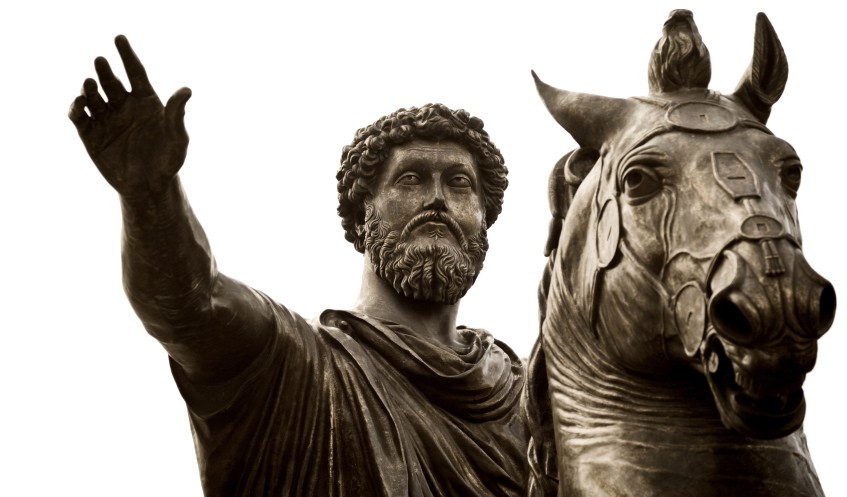
How Stoicism Can Improve Your Life: Practical Wisdom for Everyday Challenges
by The Daily Stoic | 14th February 2025
In an era of constant distractions, anxiety, and uncertainty, the ancient philosophy of Stoicism offers a beacon of clarity and resilience. Founded in the 3rd century BCE, Stoicism remains as relevant today as it was in the time of Marcus Aurelius, Epictetus, and Seneca. Whether you’re facing workplace stress, relationship struggles, or personal setbacks, Stoicism provides practical wisdom that can help you navigate life with greater peace and purpose.
1. Mastering Your Reactions
One of the core tenets of Stoicism is understanding what is within our control and what is not. Epictetus famously said, “It’s not what happens to you, but how you react to it that matters.” Instead of getting frustrated over things outside of your control—such as traffic, other people’s opinions, or sudden changes in plans—Stoicism teaches you to focus on your own responses and mindset. This simple shift can drastically reduce stress and increase your ability to handle life’s challenges with grace.
2. Practicing Negative Visualization
A key Stoic exercise is premeditatio malorum, or negative visualization. This involves mentally preparing for potential setbacks so that you are not caught off guard when difficulties arise. For example, if you fear losing your job, instead of obsessing over the uncertainty, take a moment to consider how you would handle that scenario. By mentally rehearsing challenges, you build resilience and reduce anxiety about the unknown.
3. Embracing Voluntary Discomfort
The Stoics believed in regularly practicing discomfort to strengthen their mental and physical endurance. This could be as simple as taking a cold shower, skipping a meal, or engaging in rigorous exercise. By voluntarily stepping outside your comfort zone, you develop the ability to face real adversity with greater confidence and composure.
4. Living with Virtue
For the Stoics, the highest good was living a life of virtue. They emphasized the four cardinal virtues: wisdom, courage, justice, and temperance. By striving to embody these qualities in daily life—such as making ethical decisions, standing up for what is right, and maintaining self-discipline—you cultivate a sense of inner peace and fulfillment that external circumstances cannot shake.
5. Practicing Gratitude and Presence
In today’s fast-paced world, it’s easy to overlook the simple joys of life. Stoicism encourages us to focus on the present moment and appreciate what we have rather than constantly longing for more. Seneca advised reflecting on the fleeting nature of life to cultivate gratitude and a deeper appreciation for our current circumstances. This practice not only fosters contentment but also helps us make the most of every day.
Final Thoughts
Stoicism isn’t just a philosophy—it’s a practical guide to living a more resilient, intentional, and peaceful life. By mastering your reactions, preparing for adversity, embracing discomfort, living virtuously, and practicing gratitude, you can navigate life’s inevitable challenges with greater strength and clarity. Start small: the next time you face an obstacle, ask yourself, “Is this within my control?” If not, let it go and focus on what you can change. In doing so, you’ll unlock the timeless wisdom of Stoicism and cultivate a mindset that leads to lasting fulfillment.